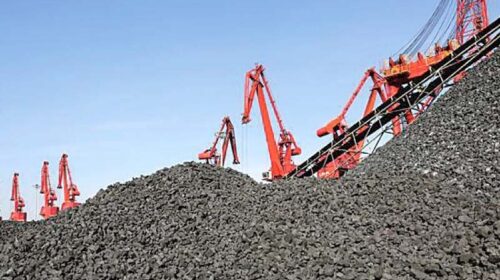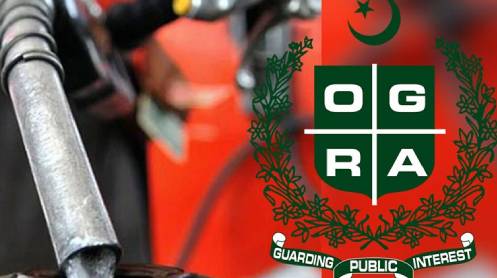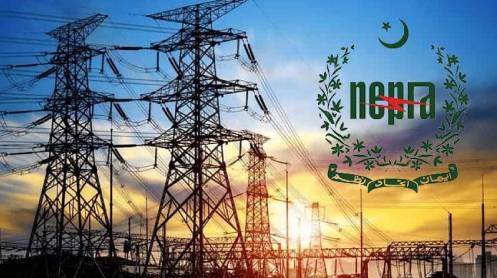Despite country’s mining and quarrying sector shrank by 4.5 percent in July-March 2021-22, production of coal, natural gas, crude oil, and iron ore increased in the same period, latest economic survey showed on Thursday.
During nine months of the current fiscal, production of major minerals increased such as coal by 8.34 percent, natural gas by 3.45 percent, chromite by 25.7 percent, crude oil by 4.48 percent, iron ore by 1.5 percent, soapstone by 7.47 percent, and barytes production up by 162.5 percent over last year.
However, some witnessed negative growth, including chromite magnesite at 52.3 percent, rock salt at 24.2 percent, gypsum at 37 percent, sulphur at 17 percent, marbles at 23 percent, and dolomite production down by 3.0 percent, Economic Survey 2021-22 revealed.
Pakistan is endowed with huge reserves of minerals covering an outcrop area of 600,000 sq. km due to its unique geological condition. The country has all types of rock from pre-Cambrian to recent with exceptional geological and geomorphologic features.
There are 92 known minerals of which, 52 are commercially exploited, which include coal, copper, gold, chromite, mineral salt, and other minerals.
Despite all huge resources, the mineral sector is showing slow performance and its contribution to gross domestic product (GDP) remained at 2.38 percent during July-March FY2021.
According to Pakistan Standard Industrial Classification (PSIC), 2010, the mining and quarrying sector includes extraction of minerals occurring naturally as solids (coal and ores), liquids (petroleum), or gases (natural gas).
Apart from this, the sector also includes services incidental to mining e.g., drilling services, and derrick erection accompanied by other supplementary activities such as crushing, grinding, cleaning, drying, sorting, and concentrating ores to prepare crude materials. The sector posted a negative growth of 4.5 percent during FY2022 against the positive growth of 1.2 percent last year.





